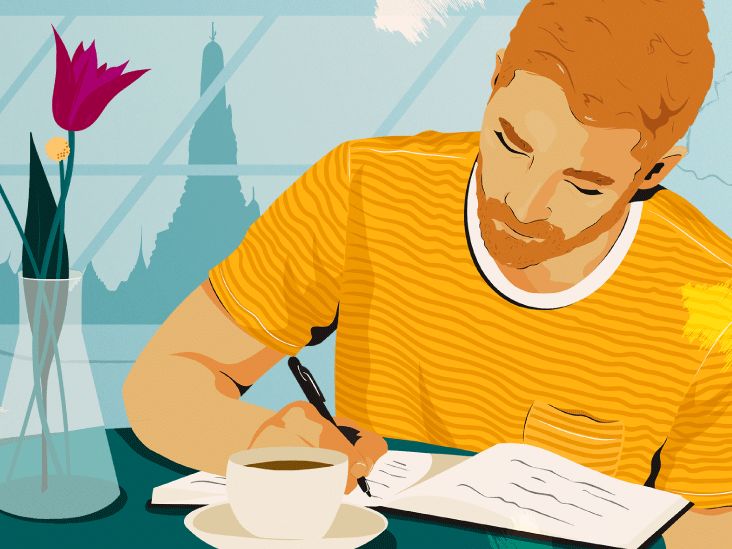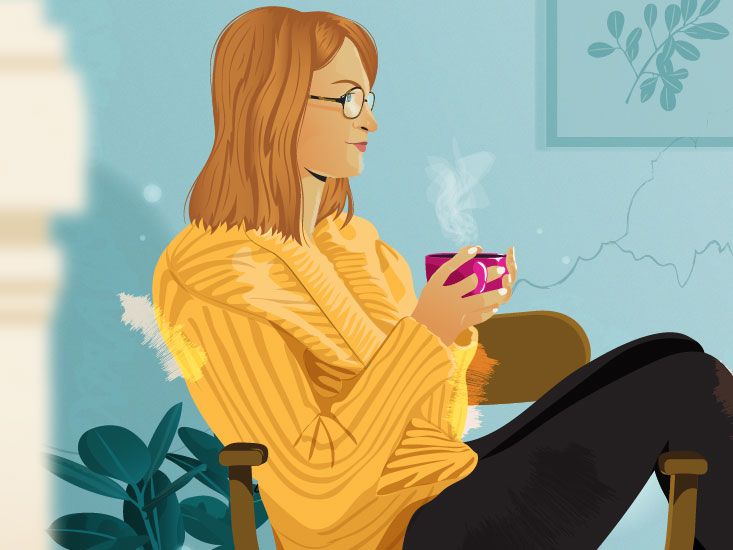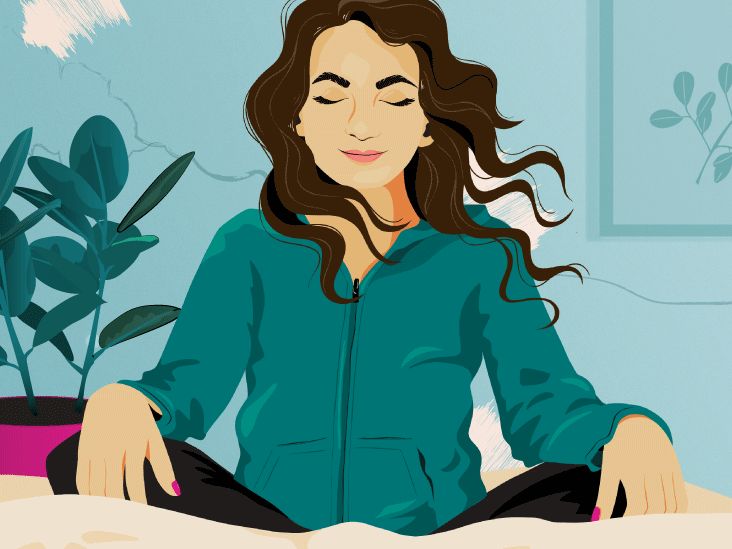
It’s taken me more than a decade to confront my life’s relationship with alcohol.
I come from two alcoholic families, and I overheard a few muted anecdotes about the drink leading to aggression and violence. But what I saw firsthand was grandparents, aunts, uncles, and cousins filling rooms with liquor-fueled laughter, beer breath, and jolly guts — and a lot of cigarette smoke.
I figured I was smarter than genetics, cleverer than addiction, and an expert on my own fractured mental health.
When I was a child, I was exceptional. I was made to feel like I was some kind of savant, a notion that stuck with me for too long.
By the time I was old enough to start partying, I thought I needed to make up for all the experiences I missed in college. I dropped out, of course, and set myself in the direction I would follow for the rest of my life. No matter how many acquaintances I made or temporary best friendships I forged, I felt so alone for so long — unless I was at the bar.
Fifteen years — that’s the length of my bender. I’d get close to people and feel them withdraw from my life over and over again. So I drank until I had the confidence to make people laugh, and then I drank until I passed out.
I worked in bars and restaurants, where the booze was close at hand. But I drank just as much at the jobs where the coffee wasn’t supposed to be spiked.
There was never a good reason to not take a shot. For all the good times and eternal memories, there were so many more nights where I drank just to keep myself company… until I became dependent, physically, mentally, and emotionally.
As I approach 2 years sober from alcohol, I can recognize that booze is my monster.
Medical and recreational cannabis are both legal in my neck of the woods, and, through consultation with my therapist, I’ve found a way to incorporate it into my recovery from alcohol. I’m careful not to misuse it, but it helps with some of my post-traumatic stress and the physical pain I’ve accrued living fast for so long.
My wife helps keep me honest, but, ultimately, I recognize that I’m the one who controls my recovery and willpower.
“I can do hard things.”
That was my mantra when I was in rehab. The more I ingrained the concept into my cynical mindset, the more powerful I felt. I submitted my power to alcohol for too long; quitting it has reignited my confidence, and continued abstinence fuels the fire.
Honestly, losing my social life has been a primary hardship.
For more than a decade, I was the ultimate social butterfly. Whether it was slinging coffee to the neighborhood (while getting drunk behind the scenes) or bartending (where drinks always seemed to flow too freely), I was always near the nexus of a good time.
I’m still trying to find new friends and communities, but it’s incredibly challenging sometimes.
My wife and I took a trip on the magic mushroom mobile at the peak of the “shelter-at-home” phase of the pandemic.
I came away with revelations about expectations, social structures, and personal honesty, all profound and trivial in their own respects. It helped relieve a lot of mental barriers that were keeping me from loving and trusting myself.
Opening up to therapy. Once I met my therapist at the recovery center, I started singing like a bird about my problems, triggers, trauma, and goals.
After I reached rock-bottom, I looked at recovery as my “do-over,” an opportunity to start with a clean slate and a deep desire for honesty.
That getting a sponsor would make or break my recovery.
I never made a connection close enough to warrant a relationship, let alone a sobriety mentorship. I pursued therapy (including couples counseling), sought medical help for my mental health, and leaned on the toolbox of skills I assembled while in treatment.
I’m definitely an exception. But I feel a need to help others in their recovery, not as a sponsor, but as a fellow addict and friend.
Alcoholics Anonymous (AA) helped when I was new to recovery, but it isn’t for me after all. I started attending AA meetings when I was in the hospital, followed by some pretty welcoming meetings near my recovery center.
When I came home, I never connected with any of the AA communities at the meetings I could find. Once the pandemic started, I found Zoom meetings even more disconnected than the uninspiring in-person meetings. I still reward myself for milestones and I keep my “chips” close-by, though.
If you put in the work, if you give yourself the time and opportunity to heal and ask for help when you need it, you’re going to come out the other side feeling more fulfilled than ever. (Option number two: Show “me in treatment” a photo of my wife and newly adopted dog smiling.)
Matt (he/him) is a freelance writer from the Midwest with a knack for wisecracks. He is a musician, a poet, a retired bartender, and a recovering alcoholic. He spends his free time enjoying life with his wife and his dog, writing poetry, and watching professional basketball.



